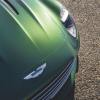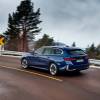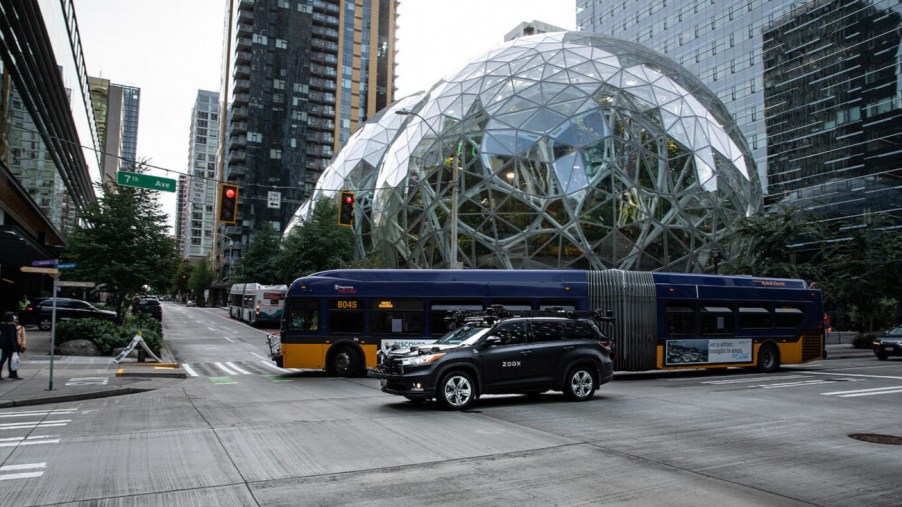
Zoox Autonomous Vehicles Testing In Seattle
Autonomous vehicles may just be the next gold rush in the United States. Tech firms are racing each other to be the first to launch a viable commercial robotaxi service in the country. While some of these firms may seem like small startups, the companies that are the farthest ahead have backers with big pockets.
Zoox begins testing autonomous vehicles in Seattle
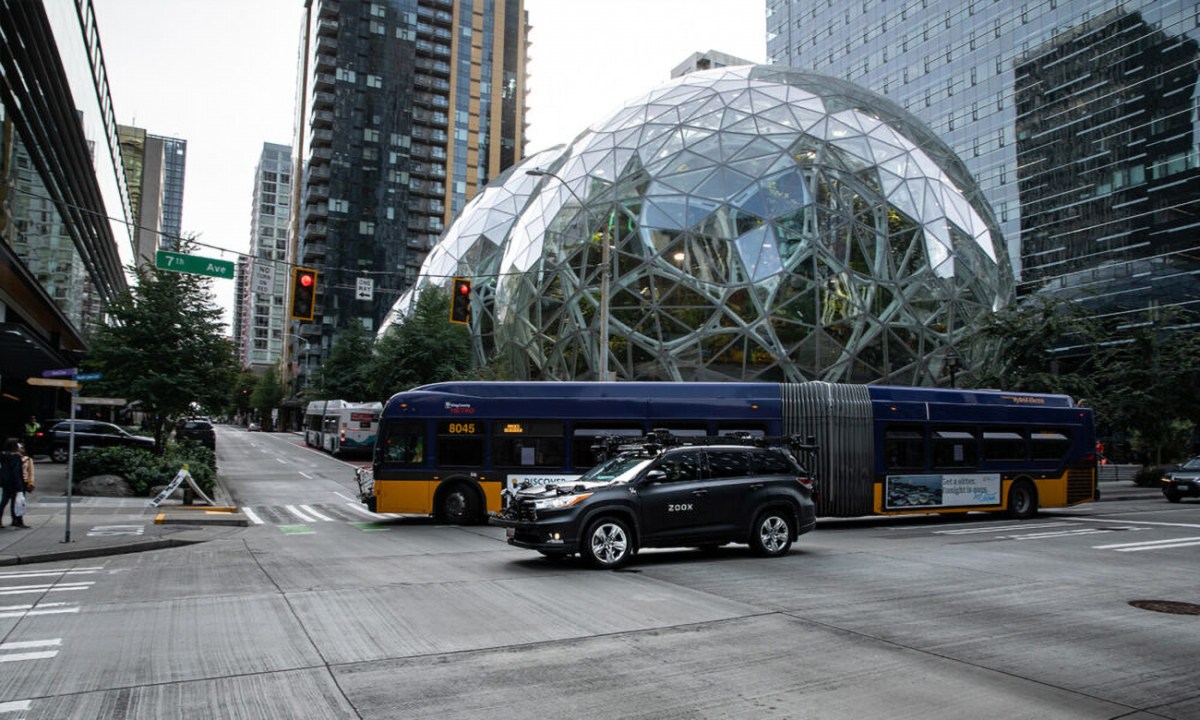
The name “Zoox” may not sound familiar to you at all, but chances are you are well aware of its parent company, Amazon. The seemingly obscure autonomous vehicle company just revealed a significant development. According to a report from Automotive News, Zoox will begin testing its robotaxis in Seattle.
Zoox is set to launch a fleet of Toyota Highlander SUVs equipped with proprietary sensor tech and software in Seattle, Washington. Seattle will be the third city where Zoox is currently testing its fleet of robotaxis, with Las Vegas and San Francisco rounding out the trio. One of the reasons why Zoox chose Seattle as its newest test location is its climate. Las Vegas has hot and dry weather year-round, and San Francisco’s weather is generally mild. Seattle’s climate is more diverse by comparison with warm weather, rainy weather, and even occasional snow.
Another benefit of the Seattle location is that not many other autonomous vehicle firms are testing in the area. Still, the city is home to many bleeding-edge technology firms. It also boasts plenty of top-notch computer science and engineering talent.
“Seattle is not a hot spot of autonomous vehicle engineering yet. But it’s absolutely a hot bed of computer scientists in general,” Zoox co-founder and Chief Technology Officer Jesse Levinson said in an interview. “Seattle’s weather is also a big reason, to put the Zoox vehicle through inclement weather testing and see how water impacts the sensors.”
While Zoox’s test fleet is made up of retrofitted Toyota Highlander’s the company is working on its own robotaxi with no wheel or pedals and can comfortably seat four people.
Waymo is currently leading the pack of emerging robotaxi firms
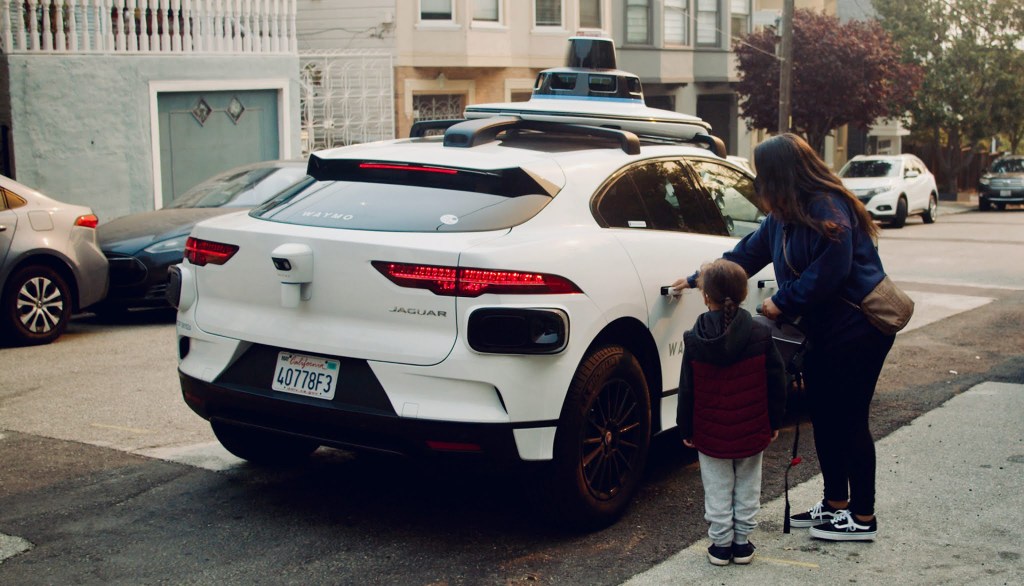
Waymo is a Google-backed robotaxi company operating a fleet of Jaguar I-PACE autonomous vehicles, and it is ahead of the curve compared to its competitors. Waymo is one of the first robotaxi companies to receive a permit from the California DMV to operate commercially on public roads.
According to the permit, Waymo autonomous vehicles can operate commercially in San Francisco and San Mateo counties. Waymo’s robotaxis are allowed to run at speeds up to 65 mph and drive in light rain and light fog.
Another startup is tackling robotaxis and transportation at the same time
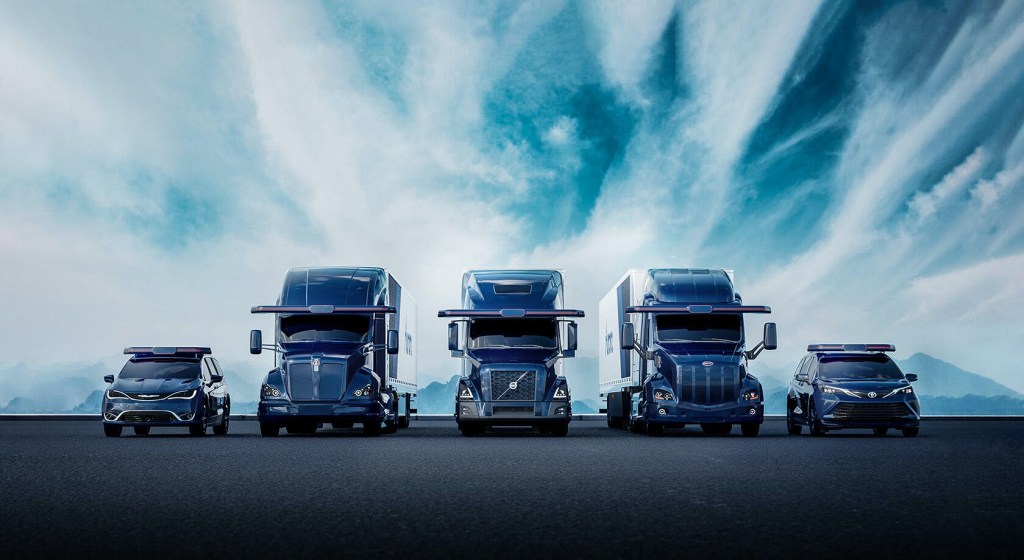
Beyond robotaxis, another major application of autonomous vehicles is commercial transportation, AKA trucking. Several robotaxi companies are also working on self-driving semi-trucks capable of hauling cargo 24/7 across the country. Though, those companies are focusing on robotaxis first before completely expanding into autonomous semi-trucks.
Aurora, an autonomous vehicle company, based in Texas, is doing things differently. Rather than address one side of the autonomous vehicle business at a time, it’s tackling both head-on. The CEO of Aurora believes in a two-pronged strategy with the goal of its autonomous semi-truck business subsidizing the growth of its commercial robotaxi business. It is a bold strategy, but it remains to be seen if it will pay off.
In the meantime, Zoox will move forward with its test in Seattle, and should it go well, we wouldn’t be surprised to see Amazon’s robotaxi company expand beyond the west coast
